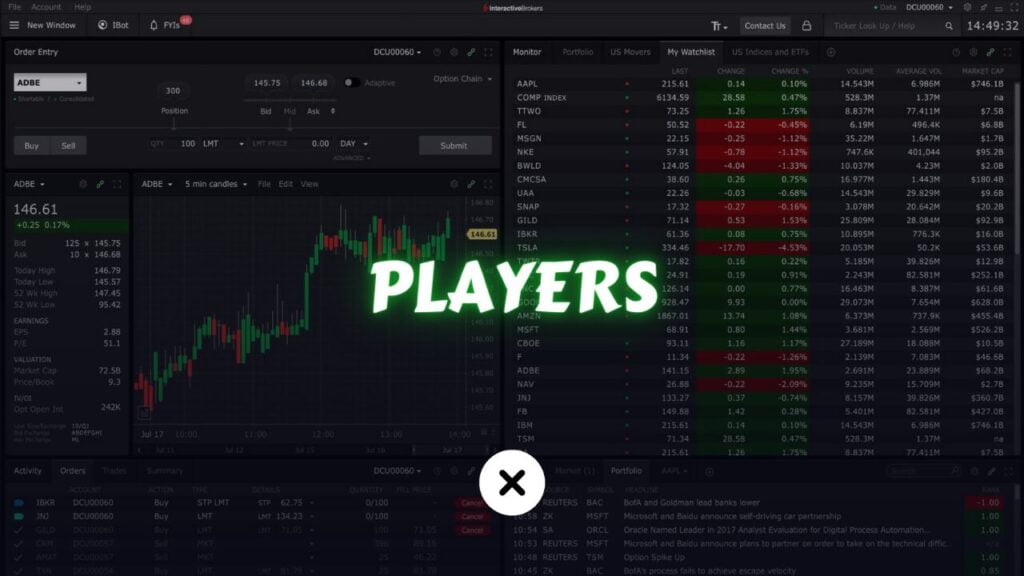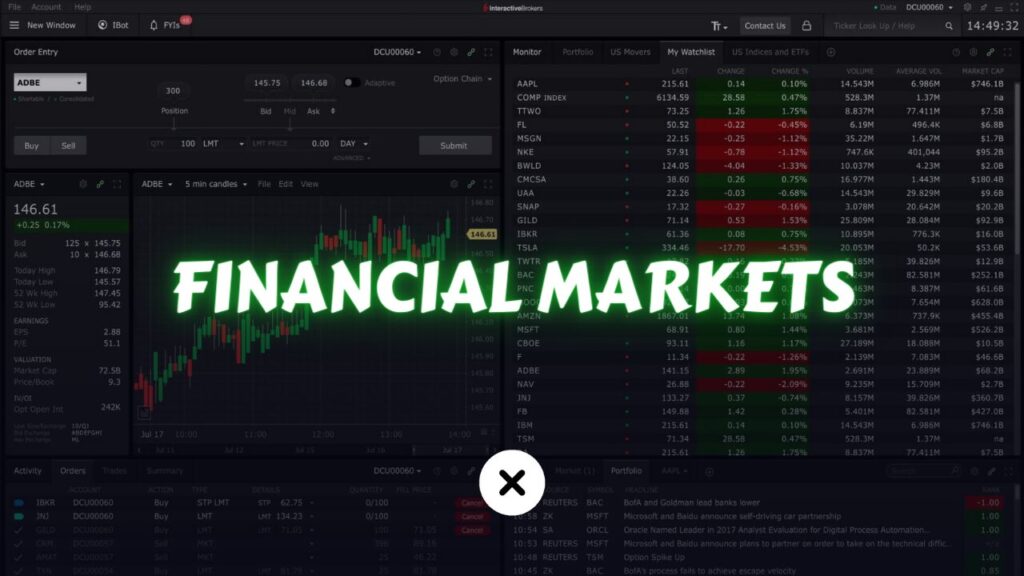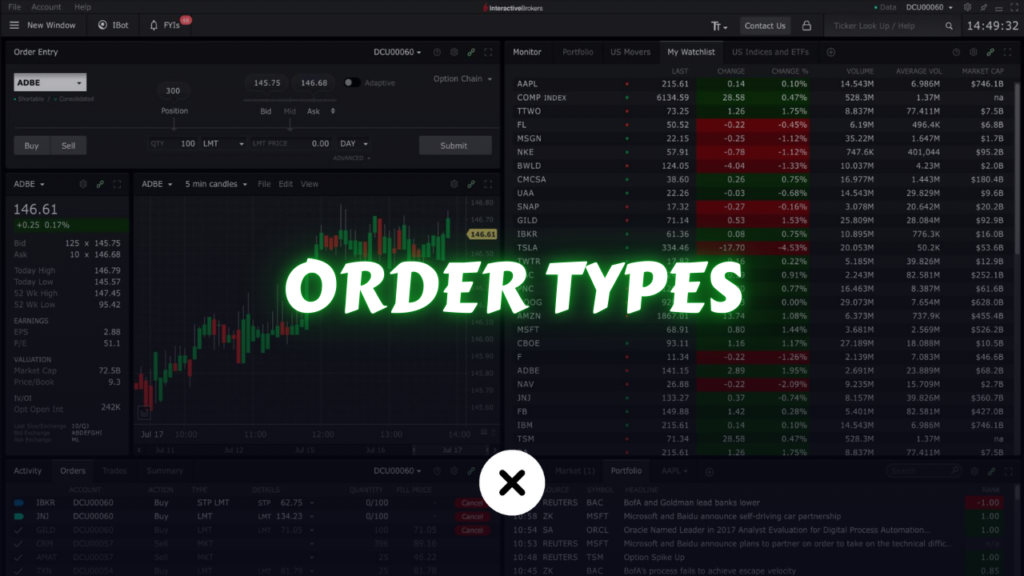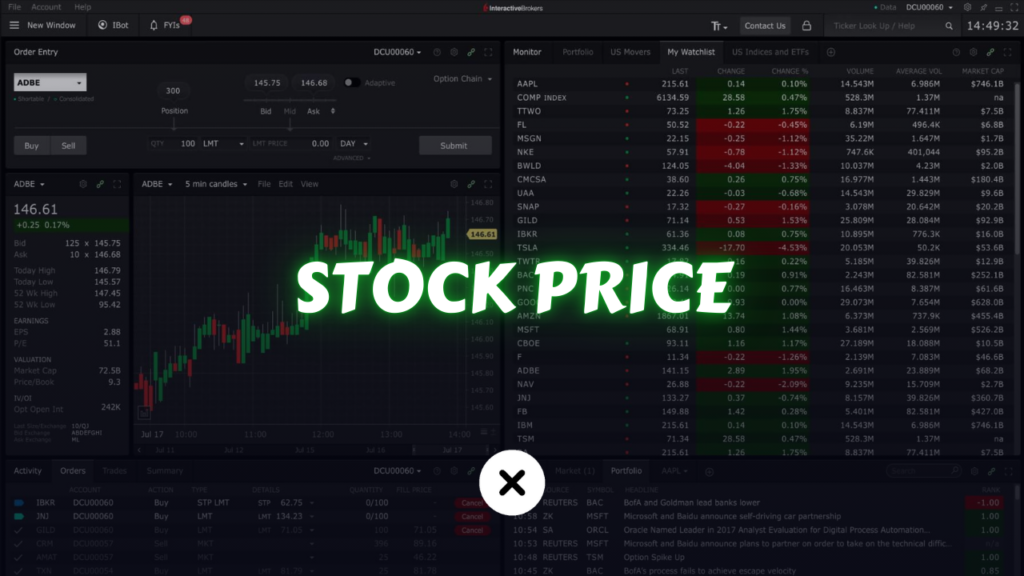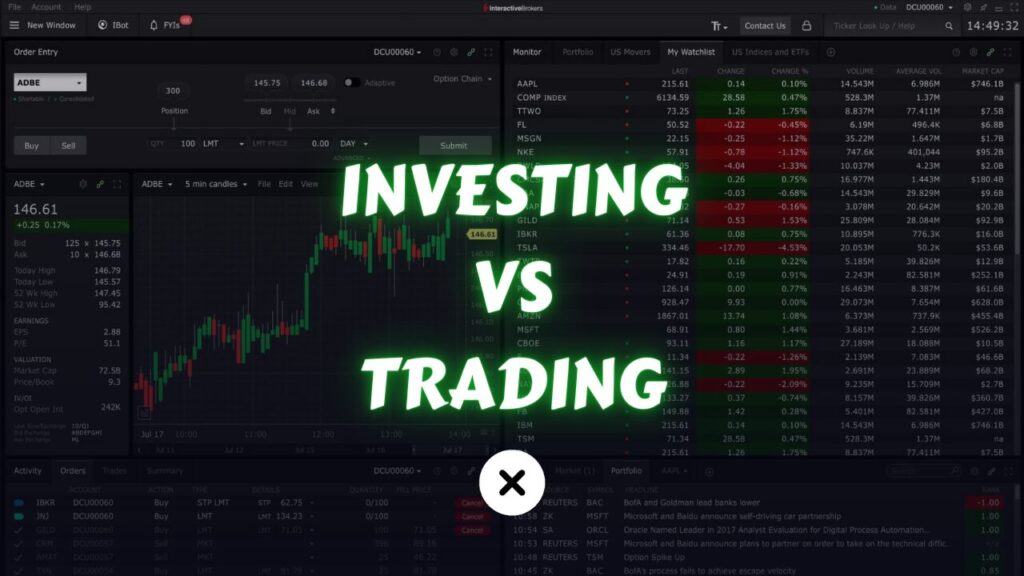Financial markets are intricate ecosystems where various participants interact, driving price movements and influencing the overall market dynamics. To succeed in trading or investing, it is essential to understand who the key players are, their objectives, and how their actions impact the markets. Knowing the motivations and behaviors of different market participants can provide a strategic edge, enabling you to anticipate market reactions and position yourself for success.
The Core Insight
To anticipate market movements, you need to know who the participants are and how they behave. Why? Because financial markets are essentially a zero-sum game—every dollar you earn comes from someone else’s loss. By understanding each player’s motives, strategies, and tactics, you can position yourself to exploit market inefficiencies and avoid becoming a victim of their expertise.
Key Market Participants and How They Operate
1. Proprietary Trading Firms

Proprietary trading firms (prop firms) trade with their own capital, seeking to profit from short-term market inefficiencies. Their professional traders use advanced quantitative methods, technical analysis, and algorithmic systems to execute trades rapidly and efficiently.
Why They Matter:
- They are known as the “smart money” due to their expertise and access to cutting-edge tools.
- Their ability to spot and exploit inefficiencies often puts them ahead of retail traders.
- Prop firms trade in a highly competitive environment where speed and accuracy are paramount.
How to Use This Knowledge:
- Recognize patterns of high-frequency trading that might indicate their involvement.
- Be cautious during periods of high volatility, as they can quickly move the market in unexpected directions.
2. Retail Traders

Retail traders are individuals trading their own money through online platforms. They account for a smaller volume of market activity but can influence markets significantly during periods of collective action (e.g., meme stock rallies).
Why They Matter:
- Retail traders are often emotional, leading to overreactions in both bullish and bearish directions.
- They lack access to the advanced tools and data of institutional players, making them more predictable.
How to Use This Knowledge:
- Look for price spikes driven by retail enthusiasm—these can signal opportunities for contrarian strategies.
- Understand that retail traders are prone to buying during good news and selling during bad news, often at the worst possible times.
3. Institutional Investors

Institutions like mutual funds, pension funds, and insurance companies manage large sums of money, aiming for long-term returns. Their trades often revolve around diversification, risk management, and market timing.
Why They Matter:
- They have the power to move markets due to the sheer volume of their trades.
- Institutions tend to buy undervalued assets and sell overvalued ones, often countering retail trends.
How to Use This Knowledge:
- Monitor institutional activity by tracking unusual trading volumes.
- Follow their public holdings to anticipate potential large-scale buying or selling.
4. Hedge Funds

Hedge funds are private investment partnerships employing high-risk strategies like leverage and short selling. They are more flexible and aggressive than mutual funds, often seeking alpha (returns above the market average).
Why They Matter:
- Hedge funds can create large price swings due to their speculative nature.
- Their strategies, such as betting against overvalued stocks, can drive trends in specific sectors.
How to Use This Knowledge:
- Keep an eye on short interest data to identify stocks under pressure from hedge fund activity.
- Anticipate reversals when heavily shorted stocks hit support levels.
5. Market Makers
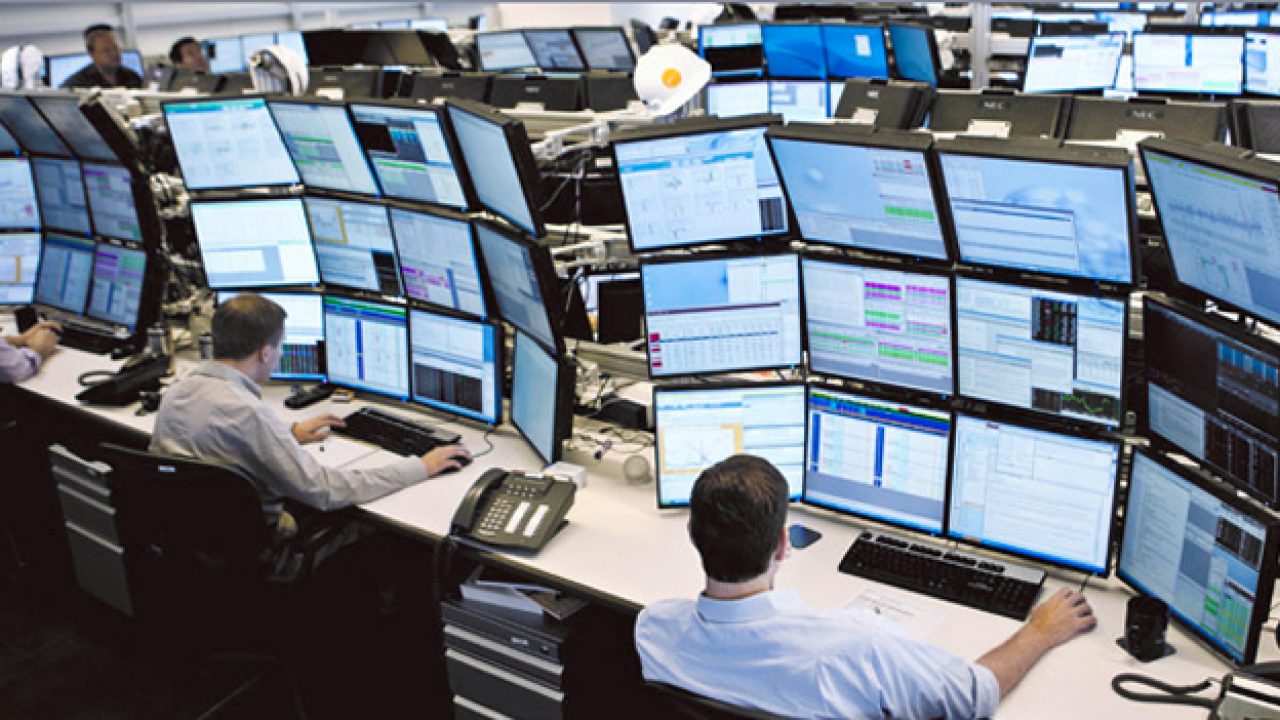
Market makers provide liquidity by constantly quoting buy and sell prices for financial instruments. They profit from the bid-ask spread rather than from market direction.
Why They Matter:
- Market makers ensure smooth trading but can widen spreads during periods of volatility.
- Their activity can sometimes create the illusion of demand or supply imbalances.
How to Use This Knowledge:
- Be mindful of spreads when trading low-liquidity assets.
- Avoid trading during news events, when spreads can widen significantly.
6. Portfolio Managers and Mutual Funds

Mutual funds pool money from investors to create diversified portfolios, managed by professional portfolio managers. Their strategies often aim to outperform benchmarks while mitigating risk.
Why They Matter:
- Their large holdings can influence market prices when rebalancing portfolios or responding to economic changes.
- Mutual funds are less nimble than hedge funds but still play a significant role in long-term trends.
How to Use This Knowledge:
- Monitor their quarterly holdings to predict potential buying or selling trends.
- Use ETFs as a benchmark to gauge sector-wide movements influenced by mutual funds.
7. Central Banks

Central banks like the Federal Reserve (Fed) and the European Central Bank (ECB) control monetary policy, influencing interest rates, inflation, and economic stability.
Why They Matter:
- Central bank decisions have a profound impact on currencies, bonds, and equities.
- Rate hikes or cuts can create ripple effects across all asset classes.
How to Use This Knowledge:
- Stay updated on central bank meetings and economic indicators using tools like economic calendars.
- Align your trades with macroeconomic trends driven by central bank policies.
How Big Players Exploit the Market

Large players, such as hedge funds and institutions, often exploit smaller participants by acting counter to market sentiment. For instance:
- They sell during periods of euphoria when retail traders are aggressively buying.
- They buy during panic-driven sell-offs, knowing retail traders are dumping assets at a discount.
These players don’t rush into trades; they wait for optimal conditions, such as high liquidity periods following positive news or earnings reports. This ensures they can execute large orders without causing price disruptions.
The Trader’s Mindset: Predicting Reactions

At its core, trading is not about predicting where an asset is going; it’s about anticipating what other participants will do. If you can understand how different players react under specific conditions, you can align your strategy to profit from their actions.
For example:
- When retail traders overreact to news, institutions often step in to take the opposite position.
- If you know hedge funds are heavily shorting a stock, you can prepare for a potential short squeeze.
Conclusion: Mastering the Game
The financial markets are a battleground of varying motives, strategies, and resources. By understanding the key participants and their behaviors, you can better anticipate market movements and avoid being exploited by smarter players.
Remember, trading is about understanding human behavior and market dynamics. If you can predict how others will act, you can gain a competitive edge. In the next article, we’ll explore actionable strategies to turn this knowledge into profit. Stay tuned!
